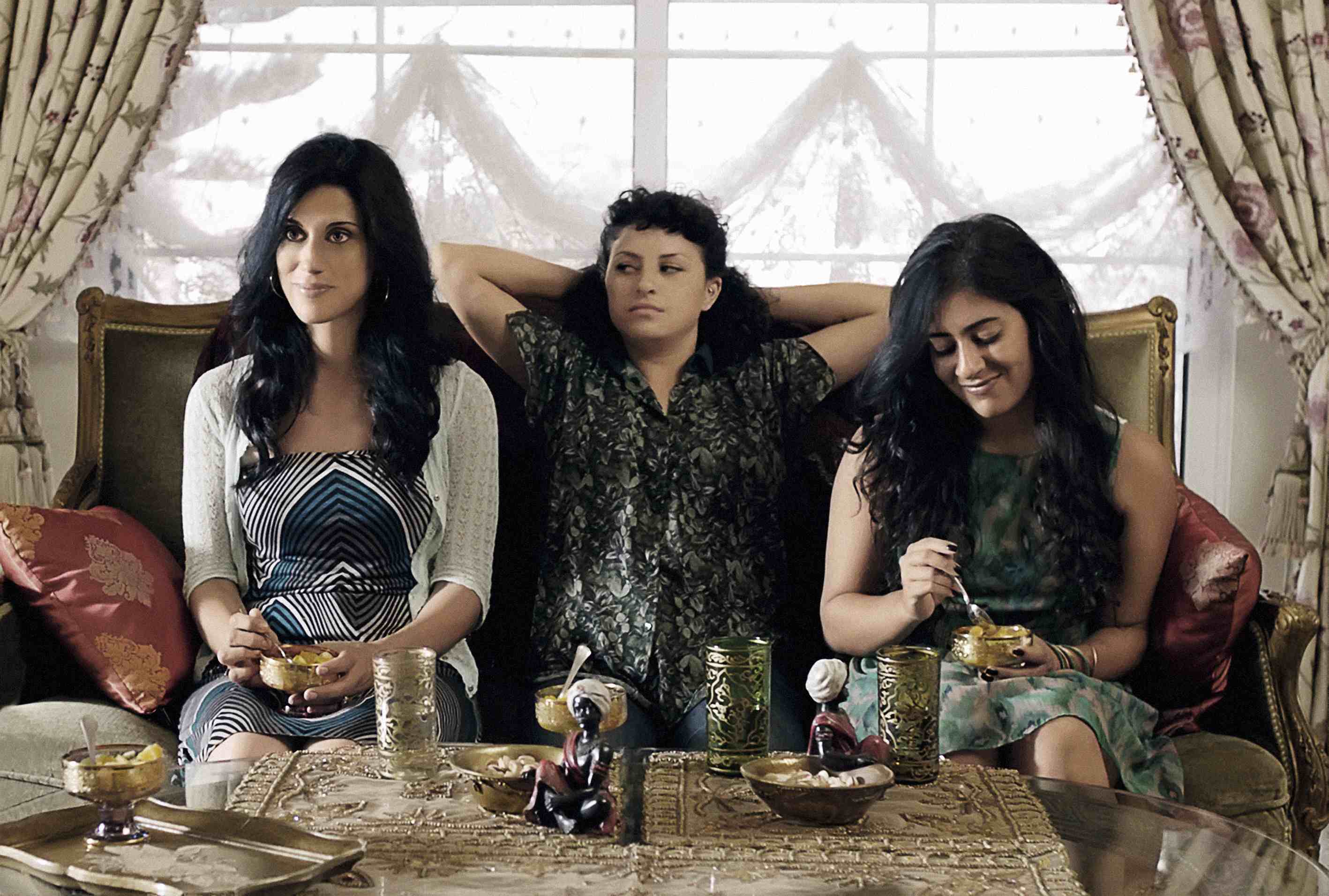“May In The Summer,” Cherien Dabis’s second feature film, first premiered at Sundance early last year and is now being released into theaters on August 22.
The movie follows a woman, May Brennan, as she goes back to Jordan to get married to Ziad, her fiancé. The catch? May’s family is Christian, while Ziad’s is Muslim. May’s unapproving mother, Nadine (played by the excellent Hiam Abbass), tells her that she doesn’t plan on going to the wedding, and to make things worse, May herself isn’t even sure if she wants to marry Ziad. It’s never specified why, but the conflict is always present and specific. Dabis does a great job balancing the two struggles of the movie; what May is going through in front of our eyes, with the wedding, her mother, and her personal problems with Ziad, and the overarching theme of the religious wars in the Middle East. In one stand out scene, where May and her sisters are at her bachelorette party at the Dead Sea, all the secrets start coming out in a fight that builds to a crescendo–suddenly it’s silent. From overhead, there’s a large droning as a plane flies over them to drop bombs in Israel. The scene sums up the movie perfectly–though our troubles seem large and present, there are much more serious problems in the world going on right under our noses that we choose to ignore.
